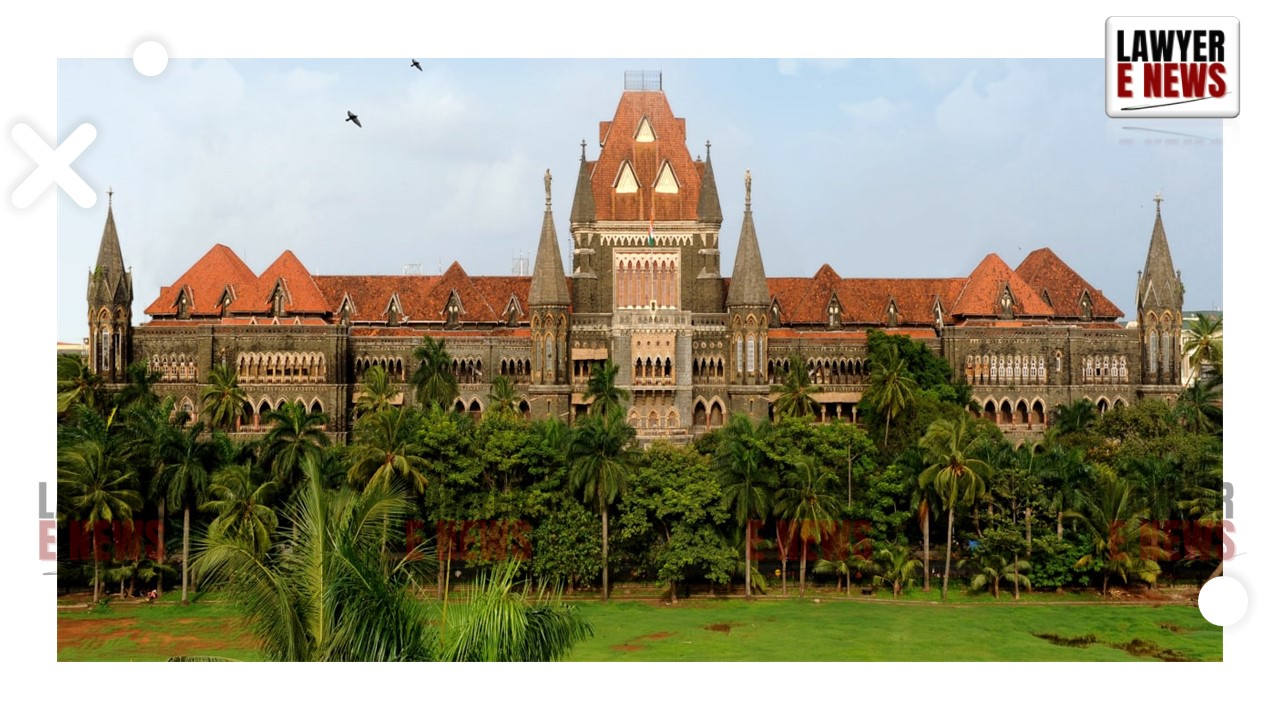-
by Admin
15 February 2026 5:35 AM



Bombay High Court, under Justice Milind N. Jadhav, allowed a Civil Revision Application (CRA) in Prasad Nandkumar Deshmukh v. Dhaku Navlu Aukirkar & Ors. The court set aside a trial court’s decision and dismissed a suit filed by the plaintiff seeking specific performance of a 1989 agreement, cancellation of a 2011 sale deed, and declaration of ownership. The court found the suit barred by limitation, emphasizing that an unstamped and unregistered 1989 agreement was fabricated and unenforceable.
The dispute arose from an agreement allegedly executed in 1989 between the plaintiff and the predecessor-in-title of the defendants regarding agricultural land. The plaintiff filed a suit in 2020, seeking specific performance of the agreement, cancellation of a registered sale deed dated February 25, 2011, and declaration of title over the property. Defendant No. 9, who purchased the property in 2011, argued that the suit was time-barred and sought its rejection under Order VII Rule 11 of the Code of Civil Procedure, 1908 (CPC).
The primary issue revolved around the applicability of the Limitation Act, 1963, and whether the 31-year delay in filing the suit could be justified. The plaintiff contended that the cause of action arose after the rejection of his ALT case in 2020, but the court found that no steps had been taken for over three decades to enforce the agreement.
The court noted that the purported 1989 agreement was undated, unstamped, unregistered, and suspiciously included a mobile number—a technology not in use in 1989. The court stated that such a fabricated agreement could not be the basis for a valid claim. "Silence of the plaintiff from 1989 to 2020 speaks volumes of his conduct" [Para 8].
Despite the death of one of the original owners in 1996 and subsequent mutation entries in revenue records, the plaintiff made no effort to challenge those entries or assert his rights, further diminishing the credibility of his claim. The court concluded that the delay of over three decades rendered the claim unsustainable [Para 3.2, 8].
The court rejected the trial court’s reasoning that the issue of limitation was a mixed question of fact and law. Instead, it clarified that where facts are "crystal clear" from the pleadings, a suit can be dismissed under Order VII Rule 11 without requiring a trial. "Limitation is not always a mixed question of fact and law" [Para 10.1].
The property was governed by the MTAL Act, which required government permission for any sale under Section 43A. The absence of such permission in the purported 1989 agreement further weakened the plaintiff’s case, rendering the agreement unenforceable [Para 3.2, 8].
The High Court observed that the trial court erred in holding that limitation was a mixed question of fact and law, warranting trial. The facts on record, particularly the 31-year delay and the suspicious nature of the 1989 agreement, clearly indicated that the suit was time-barred under the Limitation Act, 1963. Moreover, the plaintiff's claim appeared to be a vexatious attempt to create a nuisance and extract concessions from the defendants.
The court ruled that filing the suit in 2020 based on a 1989 agreement was "clearly barred by the law of limitation" and dismissed the suit at the threshold under Order VII Rule 11 CPC. The impugned trial court order of April 10, 2023, was set aside [Paras 10.1, 11].
The Bombay High Court’s decision underscores that undue delay in asserting legal rights, particularly where the facts clearly indicate a lack of action for an extended period, can lead to the dismissal of claims at the outset. The case serves as a precedent on the applicability of the Limitation Act and reinforces that courts will not entertain claims based on fabricated documents or stale demands.
Date of Decision: September 19, 2024
